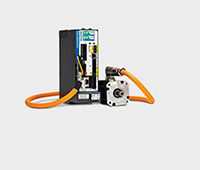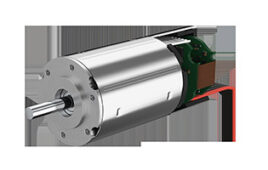 Sorbothane, Inc. introduced an innovative system of interlocking Sorbothane® layers that can be customized to meet individual needs.
Sorbothane, Inc. introduced an innovative system of interlocking Sorbothane® layers that can be customized to meet individual needs.
Meticulously engineered 4” X 4” Sorbothane® pads can be layered and “locked” together to build a specific shock attenuating and vibration isolating assembly. A steel baseplate provides column strength and maintains the correct shape factor. A steel top plate can also be utilized. Layers of interlocking Sorbothane® pads are added – or removed – to establish the desired size and isolation parameters.
Sorbothane® is recognized worldwide as the ultimate material for attenuating shock, isolating vibration and damping noise. No other material can dissipate energy as effectively. Sorbothane is a highly damped, visco-elastic polymeric solid that “flows” like a liquid under load. Unique applications call for unique solutions. Engineers at Sorbothane, Inc. are ready to help design the ideal damper or isolator to meet individual product objectives.
Sorbothane
www.sorbothane.com
Filed Under: Materials • advanced, MOTION CONTROL, Shocks + vibration control • gas springs





RMIT has some balances that are sensitive to 6 decimal places (~0.000001 g). That’s more sensitive than anything else at the Uni. They’re very sensitive to noise. Closing a door, leaning on the bench, tapping a pencil on the bench, etc… all cause blips in the readings.
We found that by placing sorbothane pads under the legs of our TGA’s (thermogravimetric analysers) the noise in our measurements decreased substantially.
TGA’s measure weigh continuously… so it is easier to see how much difference it makes before and after using sorbothane.
The difference seems small but it makes it much easier to interpret data (less jaggies).
It also means that we don’t have to smooth data (a potential source of error).
This means our sensitivity, accuracy and replicability have all improved just by using sorbothane.
We have another Thermo mechanical analyser (TMA) that was even more sensitive than the TGA. Being anywhere near it can cause signal noise. Just by using sorbothane we were able to decrease the noise from the environment and make it much less sensiive. It’s still sensitive… but now you’re less likely to ruin an entire test just by leaning on the bench.
BTW: We’re the polymer department… but for some reason it didn’t occur to anyone to use sorbothane until recently (I had some spare sorbothane pads)..
🙂